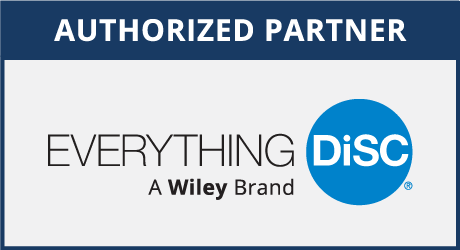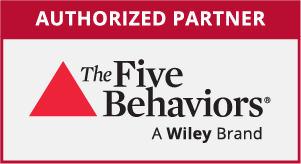Teams often go through a natural progression of development, frequently characterized by the stages outlined in Bruce Tuckman’s model: Forming, Storming, Norming, and Performing. Storming is a critical stage where team members are beginning to express their individual personalities and viewpoints. This phase can result in conflict due to differing opinions, work styles, and goals. […]
As Valentine’s Day approaches, our thoughts naturally turn to love, connection, and appreciation. This holiday is a wonderful reminder that caring is not only crucial in personal relationships, but also essential in transformational leadership.Caring does not mean “letting people off the hook.” As Pete Luongo, author of “10 Truths About Leadership stated, “great leaders care, […]
The real measure of integrity lies in our commitment to doing what’s right, even when the spotlight is off. It shapes our character and defines our leadership. In today’s fast-paced world, where shortcuts can be tempting, holding steadfast to our principles is what sets us apart and builds lasting trust.Let’s strive to lead by example […]
Leadership is not a static destination; it’s an ongoing journey of growth, adaptability, and continuous improvement. At the heart of this journey lies a vital, yet often under-appreciated skill: the ability to solicit and embrace feedback. While many leaders are accustomed to giving feedback, the true mark of exceptional leadership is the willingness to ask […]
Leadership isn’t about standing above or ahead of your team—it’s about standing with them, nurturing growth, and building success together. The most impactful leaders I’ve seen are those who focus on building relationships and developing their team—providing opportunities for growth, mentoring their potential, and empowering them to take ownership. When leaders invest in team development, […]
When your team is engaged, everyone wins! Schedule a FREE DISCOVERY CALL with Valerie Plis today to bring out the best in your leaders and teams!




When you subscribe to our newsletter, we will keep you informed of weekly training sessions, training replays, information about strengths-based leadership and high-performing teams, as well as a wealth of resources in our StrengthsBuilders Community! I hope you will join us!